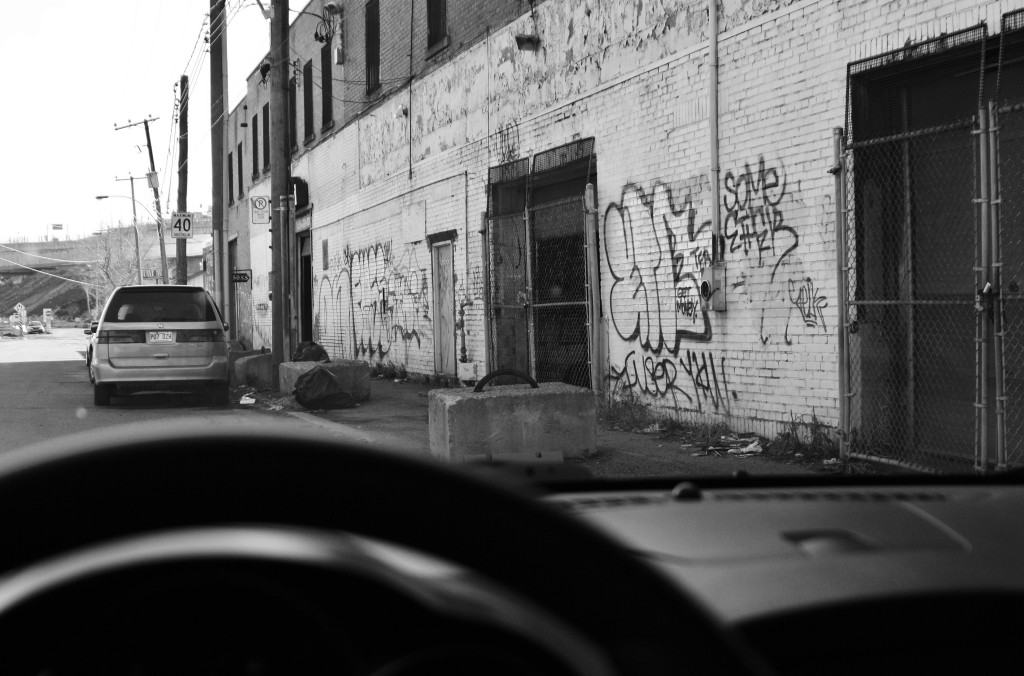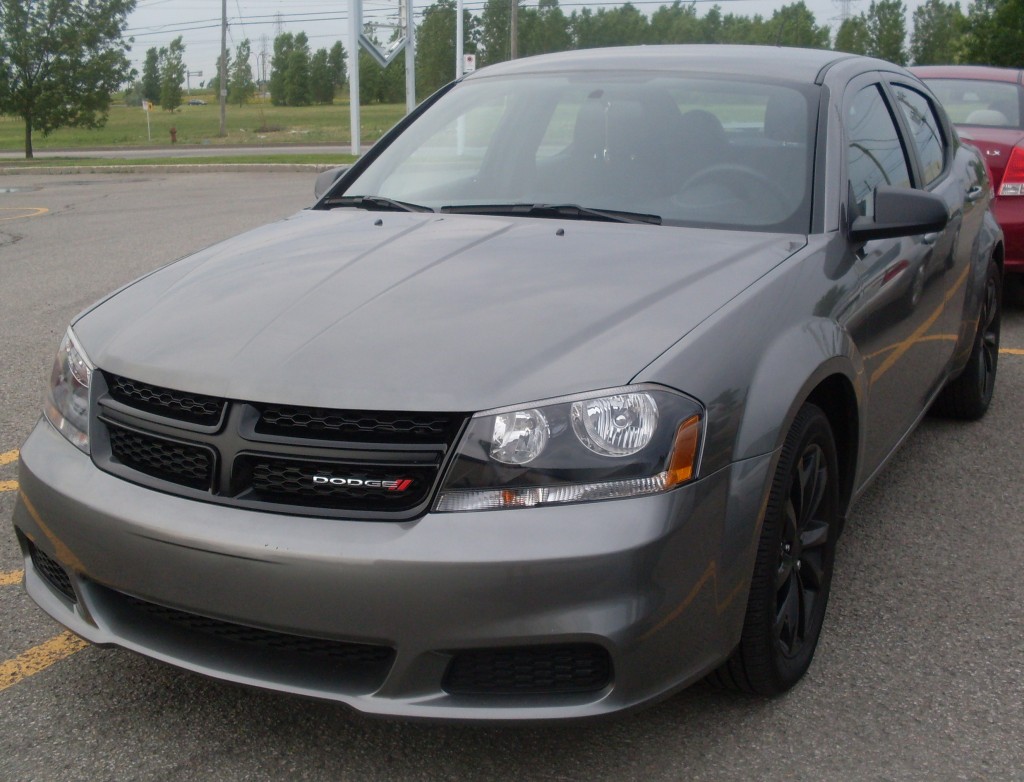I was thinking lately – and not for any particular reason – about what would make a good getaway car.
Or, alternatively, what would make a good undercover police pursuit vehicle.
I’m not talking about the unmarked-yet-obvious Tauruses, Explorers and Chargers you see waiting in speed traps, either – I’m talking deeper cover than that. For a stakeout operation or a tail job, you don’t want Starsky and Hutch’s ride.
At first glance, the list of automotive choices out there seems pretty much endless. However, to properly execute either role I believe a smart driver would demand certain attributes from his trusty steed.
I’m not here
First off, anonymity. You want the car to be rolling camouflage, seen but not noticed by either cop or felon. Just part of the landscape.
Non-descript is key, but as our mustachioed hero once stated in an episode of Magnum, P.I., you can go overboard on it and end up shouting your presence to the world. If I recall, the ‘loud’ shadow car in that episode was a beige Ford Fairmont.
I’ve always said the best car for non-descript would be a 5 to 10-year-old GM sedan like a Grand Am or Malibu – ubiquitous, bland, and usually one of two colours. Most popular Japanese sedans have the problem of being either a heat score (Accord, Altima, Maxima), or simply too un-sketchy to fit in (Camry, Camry, Camry).
However, going cookie-cutter isn’t the whole game plan. If your needs include more than just being incognito, these sensible sedans pose a problem.
Need for speed
If a pursuit/chase will at some point be likely – whether it’s collaring bad guys or shaking the heat – you’ll need muscle and handling. Boring the other party to death isn’t an option here.
And as important as power is, it needs to be subtle. Racing stripes, modifications and a aftermarket exhaust might be cool in heist flicks, but it’s a dead giveaway in the real world. The power needs to have been born on a factory assembly line.
Also, the vehicle model itself can’t be synonymous with performance. You’ll want to have a top-end drivetrain in a car whose model lineup contains some real tepid stuff. There should be an engine lower down the totem pole than yours, with less cylinders.
The setup I’ve described, a hot engine coupled with an aging, dime-a-dozen design and no exterior add-ons, should do the trick (though nothing’s foolproof, of course).
Any suggestions, you ask? Any particular vehicular preference, after weighing the key criteria?
After some careful thought, as well as observations on the road, I think I’ve narrowed down a decent choice.
2011-2014 Dodge Avenger
Yes, it’s the car that’s barely there.
Chrysler was recently slinging these off their lots so fast, and at such discounted prices, you’d think they had been stolen. If there was a cheaper midsize car on the market, I didn’t notice it.
There are many things that make this outgoing model a good candidate.
First off, the 2011-2014 Avengers look an awful lot like the 2007-2010 Avengers that came before them. The mid-life cycle design refresh gave the bland car a slightly improved appearance, but at a distance, or in the dark, or to an untrained eye, they may as well be the same thing.
“Is that a nearly-new car, or seven-year-old clunker?”
The 2011 upgrades also endowed the Avenger with a decent shot of power, courtesy of the available 3.6-litre Pentastar V-6. This well-regarded unit serves as the base engine in hotter models like the Dodge Charger, Challenger, and Chrysler 300.
The Pentastar’s 283 horses and 260-lb-ft of torque, delivered through a modern 6-speed automatic, provides big pull in a smaller, less-assuming package than its storied stablemates. Zero-to-60 (mph) times were listed at 6.3 seconds with this drivetrain, according to the manufacturer.
No slouch, for sure. To put this into perspective, results from the Michigan State Police’s vehicle evaluation program in 2013 show the fastest police cruiser on the road – the Taurus-based and EcoBoost-equipped Ford Police Interceptor – ran up a 5.66 second 0-60 time.
The Explorer-based Police Interceptor utility, equipped with the same turbo 3.5-litre, emerged with a 6.28 second 0-60 time. The non-turbo utility returned a 8.02 second figure.
In the same tests, a V-8-powered Dodge Charger cruiser hit 60 mph in 6.04 seconds when equipped with optional all-wheel-drive.
While I certainly don’t condone running from the cops (they have many ways of getting you), those high-performing vehicles’ numbers are very interesting when contrasted with the lowly Avenger.
Besides the upgraded powertrain (at least in higher trim levels), the 2011-2014 Avenger saw fairly major suspension upgrades, which would help both cop and felon stay on the road while enjoying their car’s newfound power.
Chrysler sold a good number of Avengers in the latter part of the model’s run, but it was never a vehicle anyone talked about. Lately, I’ve begun to notice them more and more – often outfitted with blacked-out rims that aren’t unattractive on this boxy vehicle.
Frankly, in some cases, the Avenger looks a little bit badass, and isn’t that really just perfect for both criminal and cop?

